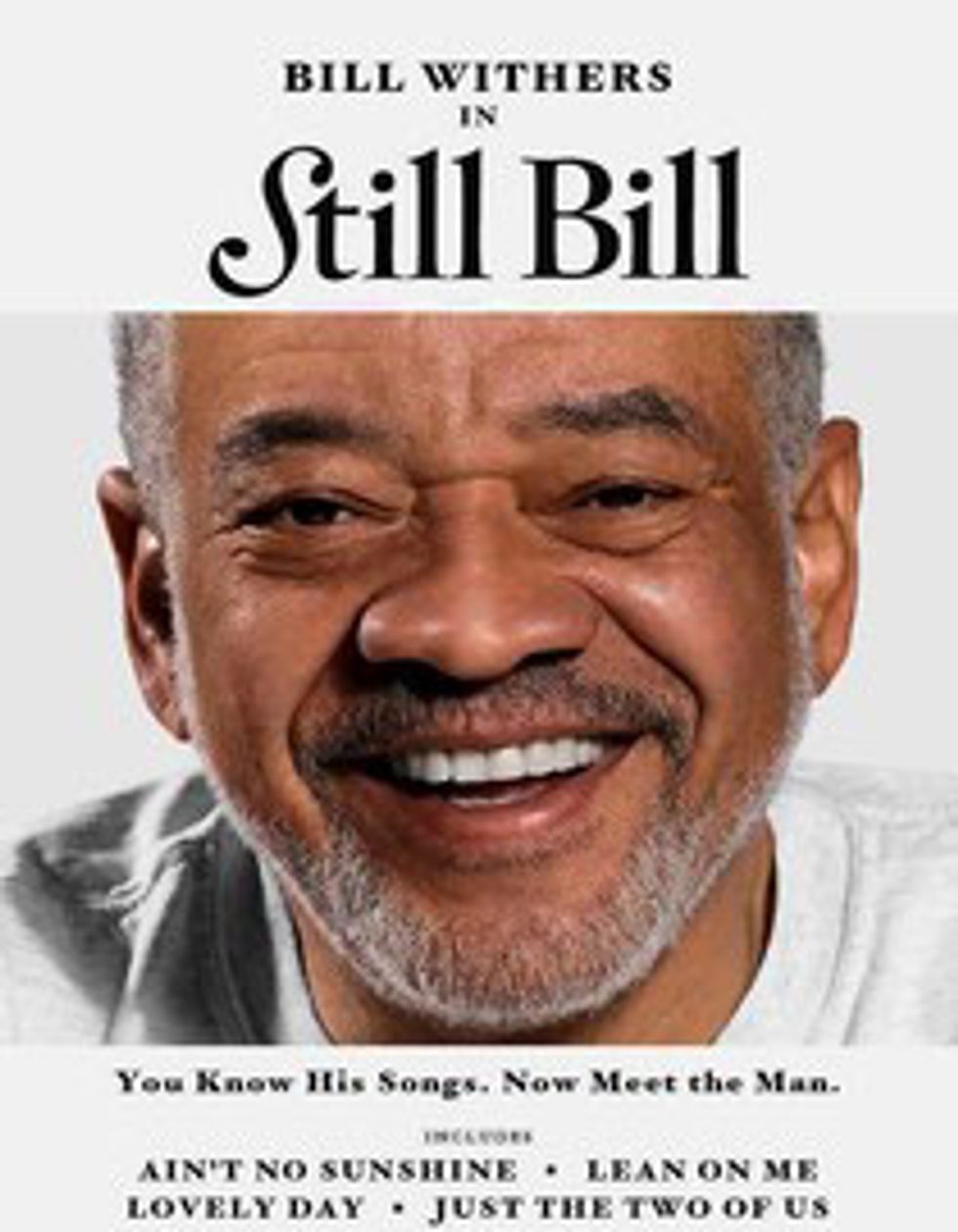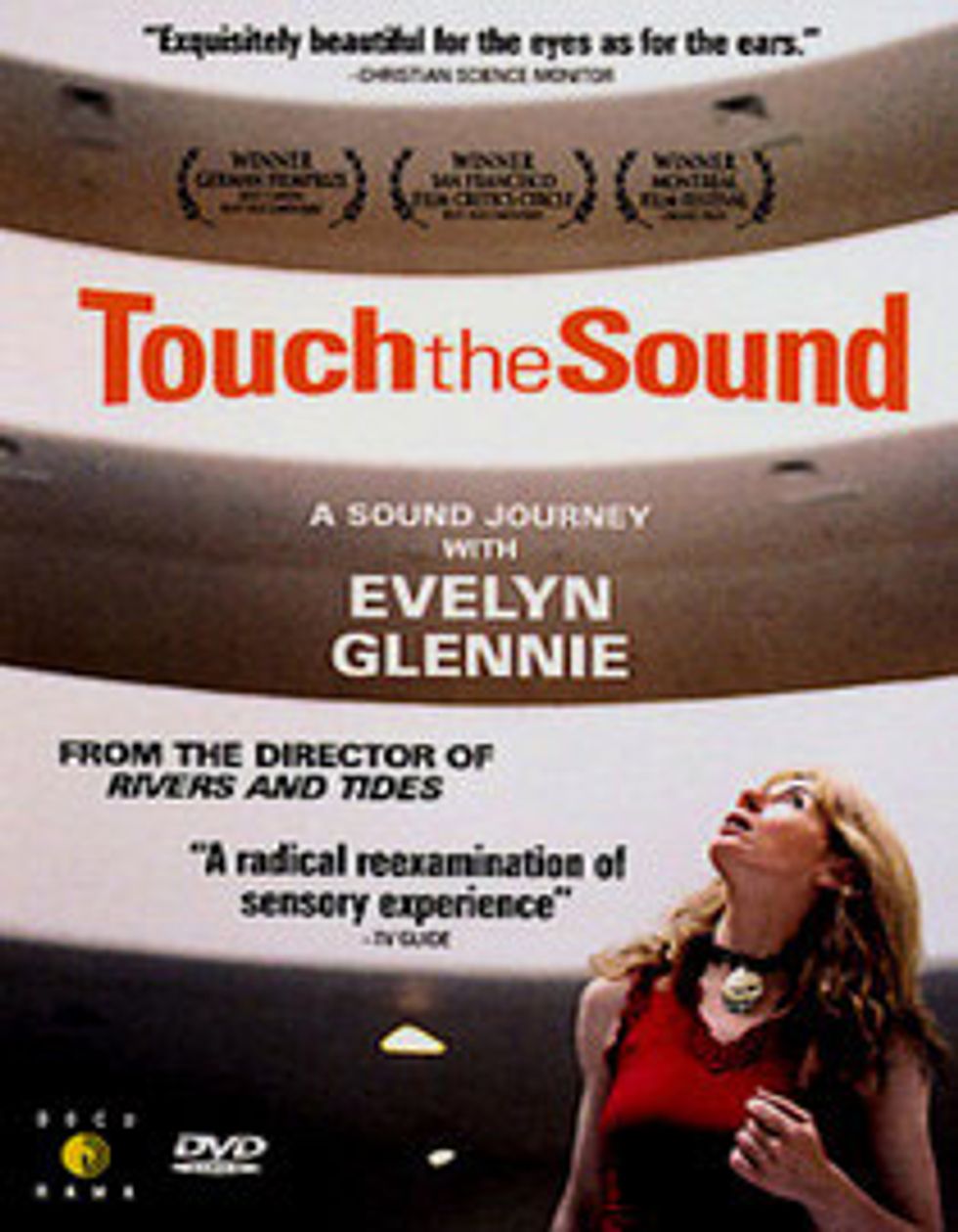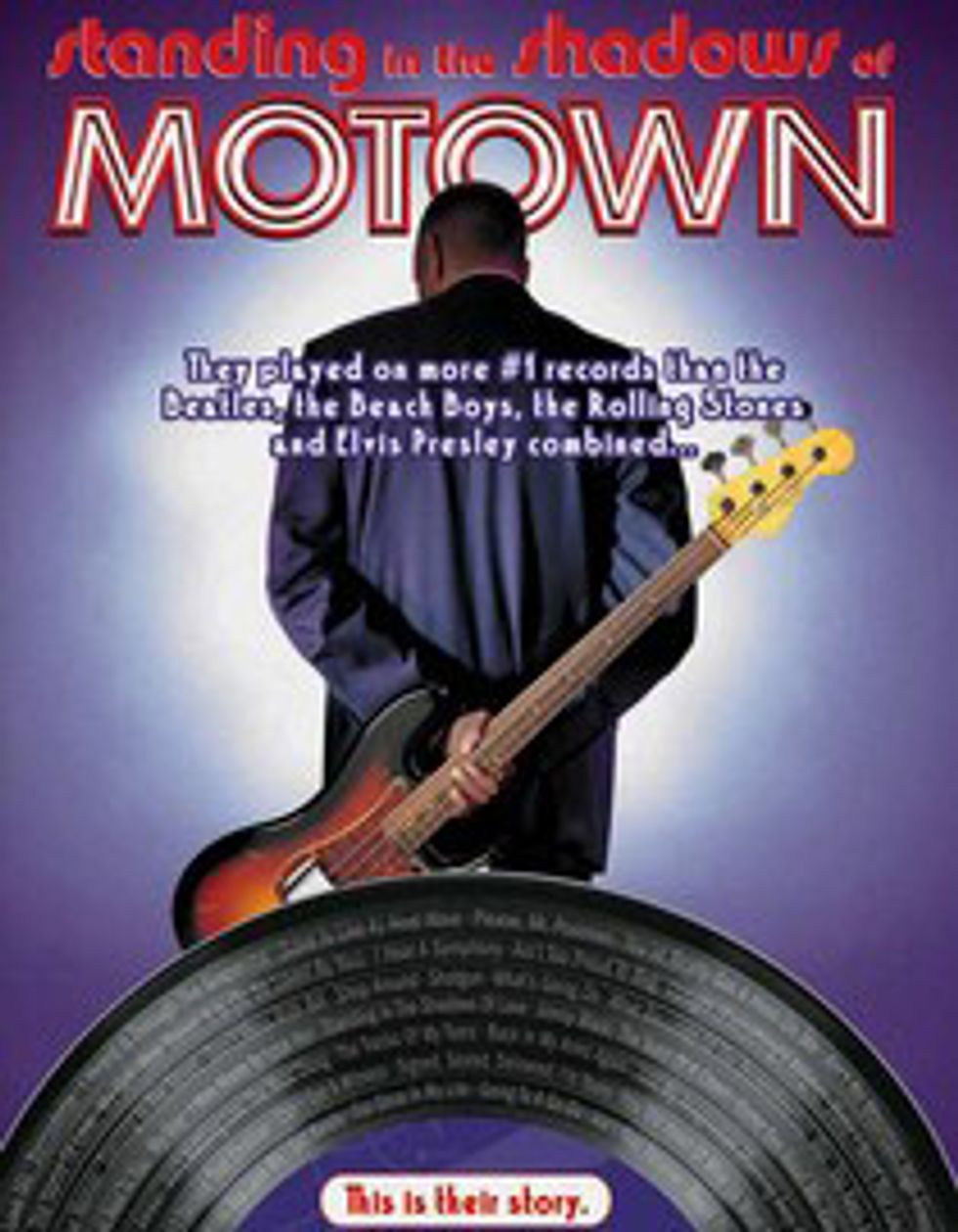"Still Bill," Touch the Sound," and "Standing int he Shadows of Motown"
I am a PBS junkie—have been all my life. Yes, it started out harmlessly enough with Mr. Rogers' Neighborhood, Sesame Street, and The Electric Company, but those shows led me to the harder stuff, like NOVA, Carl Sagan's Cosmos, Frontline, and anything Michael Wood does. Give me a good documentary and I'm yours for the duration. In fact, just give me Michael Wood (nose glasses, cigar, and rim shot, please!).
I've been ordering a lot of documentaries through Netflix, and have recently seen three music documentaries that simply knocked my socks off. While my colleague Pat Smith says, “listen, listen, listen,” I'm expanding that to include watching. That's because really great music documentaries always leave something of themselves behind to inspire, enlighten or enrich your experience of music.
"Still Bill"
Toward the end, there's a segment where he and Raul Midon—a blind guitarist, singer and songwriter—are co-writing a song in Withers' studio. They discuss the nature of being “disabled” versus developing one's gifts to a far higher level, making disability irrelevant. Withers had a terrible stutter until he was 28 years old, and didn't even get into the music business until he was 32. It's a beautiful moment between the two men, and one that spurs Withers to muse further about the choices we all make in regards to what we do with our lives and talents.
At one point, an interviewer asks him what he wants his legacy to be. Withers has no words and simply stops to ponders it for a long time in silence—another powerful statement about living from your heart and not worrying about how the world sees you— or if the world sees you at all.
"Touch the Sound"
The center of the film is a project she and legendary guitarist Fred Frith recorded in an abandoned warehouse in Germany, where they used the space, structure and surrounding components almost as much as they used their instruments. From throwing rolls of crackling paper off a high balcony to capture how the sound moved through the building, to playing a huge gong—which was such an enormous and powerful sound that I could feel it through my crappy TV speakers. The sound and cinematography are so top notch, you really feel like you're right there with them.
Glennie speaks perfectly with a gorgeous Scottish accent, and takes us to visit the farm where she grew up and her brother now runs. She plays music on the barn, on scrap metal in the yard, and on parts of the furniture in the house. We also go along to a restaurant where she puts together a wonderful little spontaneous composition on the dishes with chopsticks. One of the highlights for me was to watch her playing the vibraphone, and hearing the remarkable harmonizations with the complex and captivating rhythms just bubbling under the surface of her skin—seemingly at all times.
"Standing in the Shadows of Motown"
Interspersed through the film are concert appearances by the likes of Joan Osborne, Ben Harper, Bootsy Collins and Meshell Ndegeocello—performing many of the songs under discussion and backed by the Brothers in question. Toward the end, we learn that this is a massive tribute concert held in Detroit to honor the Funk Brothers. Some of the performances are stellar, but with that bunch backing you up, you'd be hard-pressed to phone it in. A highlight for me was when Joan Osborne went to the Snake Pit, the studio where all these legendary songs were recorded. With some of the band, they did a spontaneous, percussion-only version of “Heard it Through the Grapevine”—with one guy playing countertop with his hands, and another playing air tambourine, it sounded more full and complete than I could have imagined.
All through the film, we are reminded over and over that these guys made this music, they were Motown, and none of these songs would have been a hit had they not been sitting in those chairs. You're struck by how they were never given credit for the work they did, and how some of these guys died never receiving the appreciation they deserved. I broke down and cried as they brought out photos of their long lost colleagues and placed them around the stage to honor their memories. Killer music meets one hell of a story. If you haven't seen this one, you must. If you have, watch it again.
 Gayla Drake Paul is a guitarist, songwriter and writer, working as a soloist and with the Gayla Drake Paul Trio. Her CD, How Can I Keep From Singing, is in the Ten Essential CDs for Acoustic Guitarists at digitaldreamdoor.com. Her new CD, Trio Plus Three: The Luckiest Woman, can be found at CDBaby.com.
Gayla Drake Paul is a guitarist, songwriter and writer, working as a soloist and with the Gayla Drake Paul Trio. Her CD, How Can I Keep From Singing, is in the Ten Essential CDs for Acoustic Guitarists at digitaldreamdoor.com. Her new CD, Trio Plus Three: The Luckiest Woman, can be found at CDBaby.com.